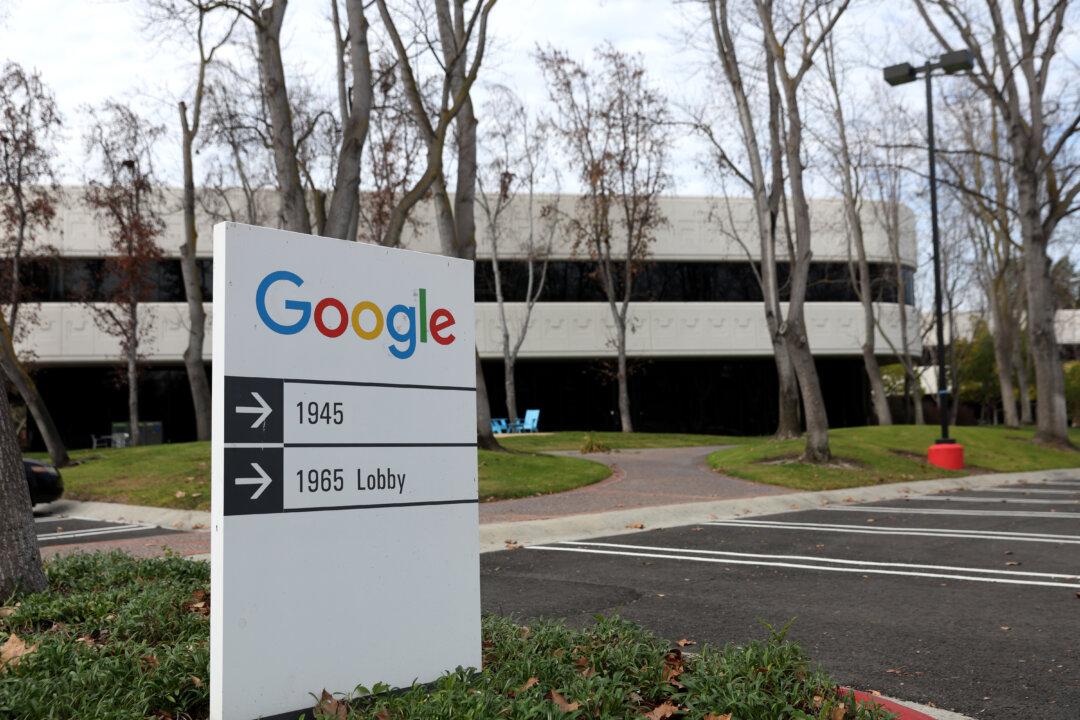Internet giant Google has consented to pay $60 million (US$40.7 million) to settle a long-running court fight with the Australian Competition and Consumer Commission (ACCC).
In April 2021, the Federal Court of Australia found that between January 2017 and December 2018, Google violated Australian consumer laws by misleading consumers into believing that their location data was not collected if they turned off some settings on their Android smartphones.





